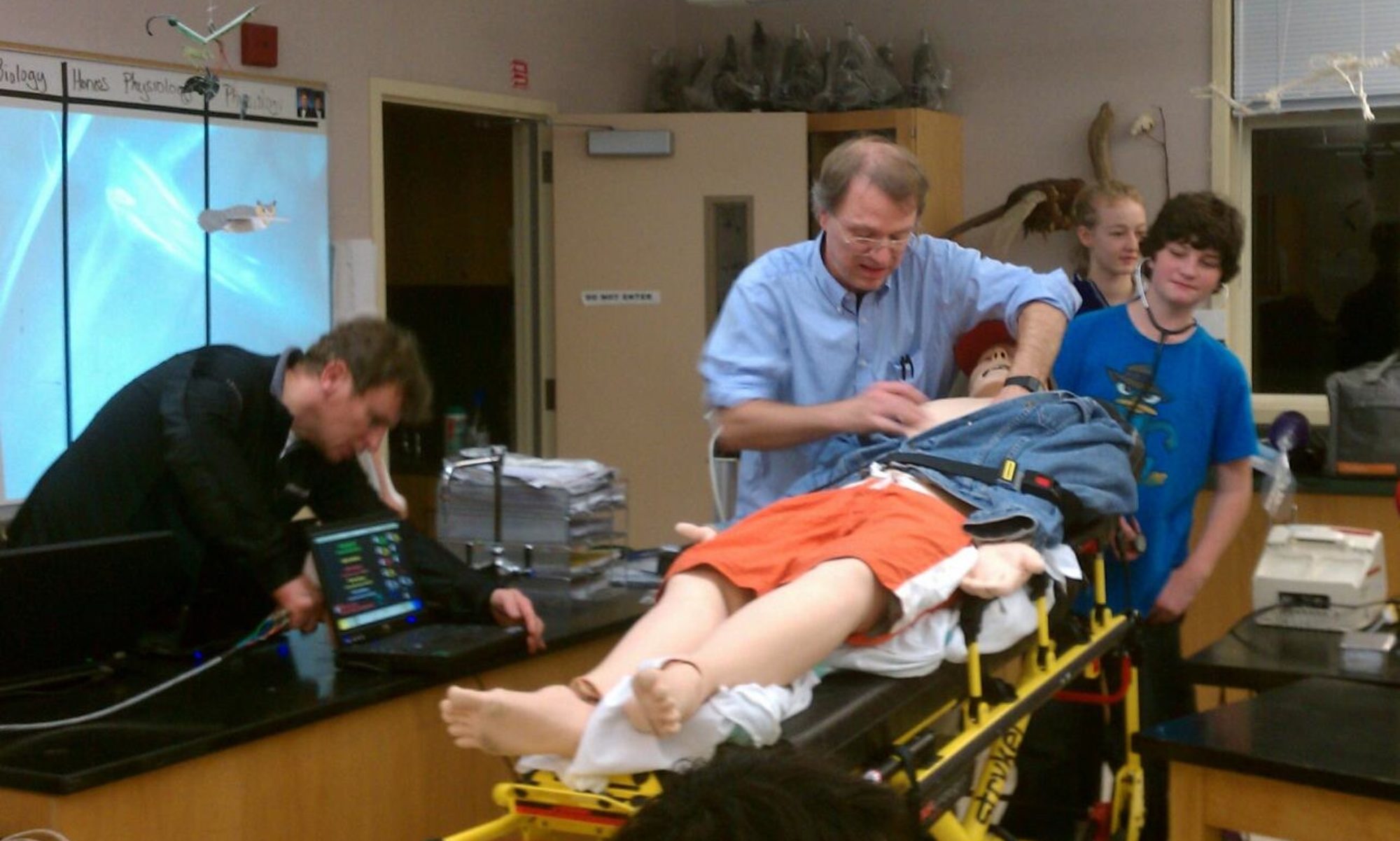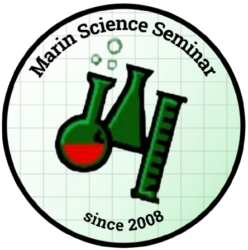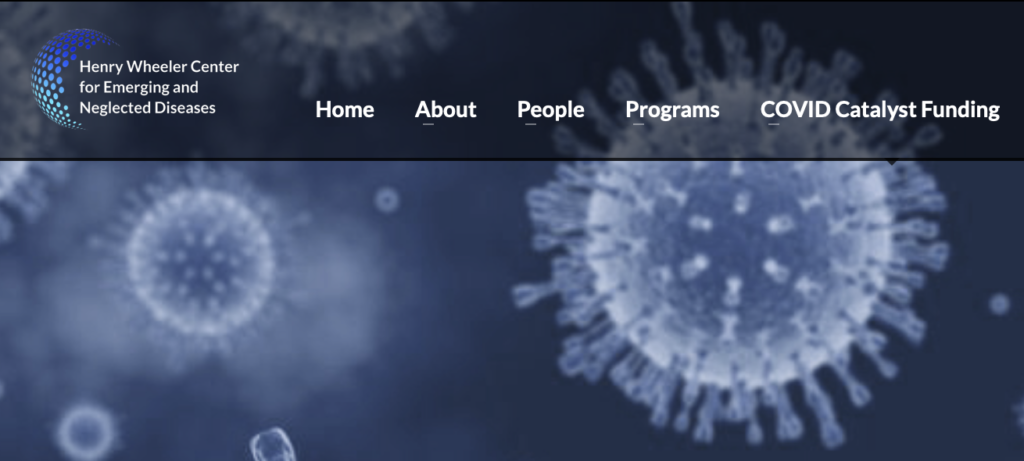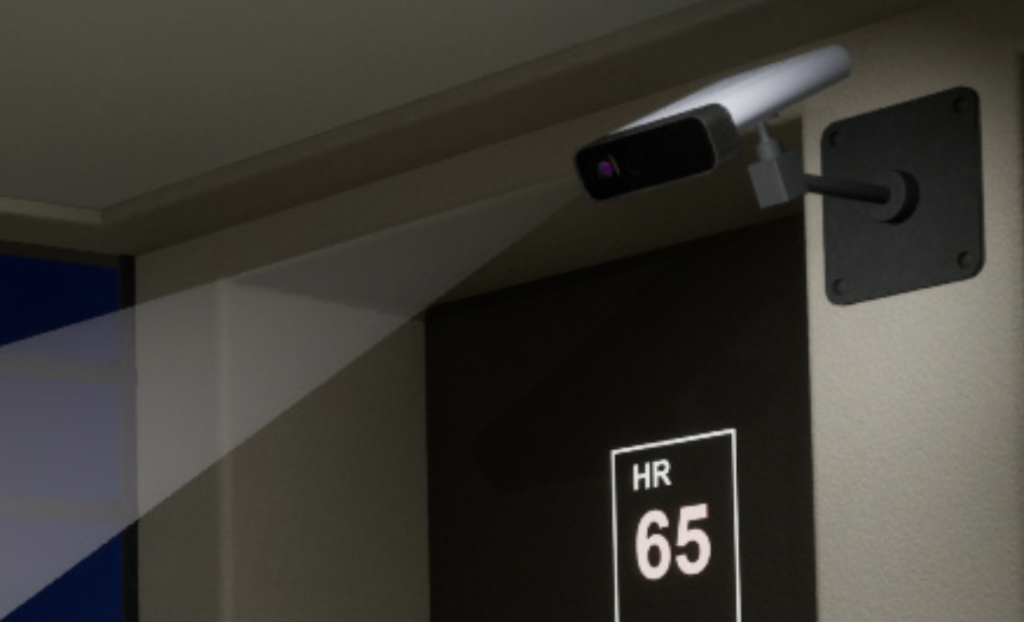with Bradley Stohr MD PhD of UCSF
WHEN?: Wednesday, November 20th, 2024 – TLHS Innovation Hub – 7:30 – 8:30pm
Description: We humans are extraordinarily complex organisms, each of us composed of roughly 30 trillion cells. Our health depends on all of those cells working together in harmony, and just one cell going rogue can potentially spell disaster. In this session, Bradley Stohr of UCSF will share one patient’s story of battling a deadly disease. We’ll discuss how the cells that cause disease can be identified, how doctors can fight back against those cells, and why our best efforts are unfortunately not always enough.
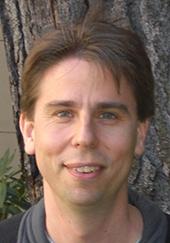
Bio: Bradley Stohr MD PhD is Professor and Vice Chair in the Department of Pathology at University of California, San Francisco. He received a bachelor’s degree in Biology from Swarthmore College in 1995 and completed the Medical Scientist Training Program at Duke University in 2003. He has been in the Department of Pathology at UCSF ever since, first as a medical resident and fellow and then as a faculty member. He ran a basic science laboratory for many years but now primarily focuses his efforts on clinical practice (with expertise in genitourinary pathology) and as one of the primary administrative leads for his department.
Links:
